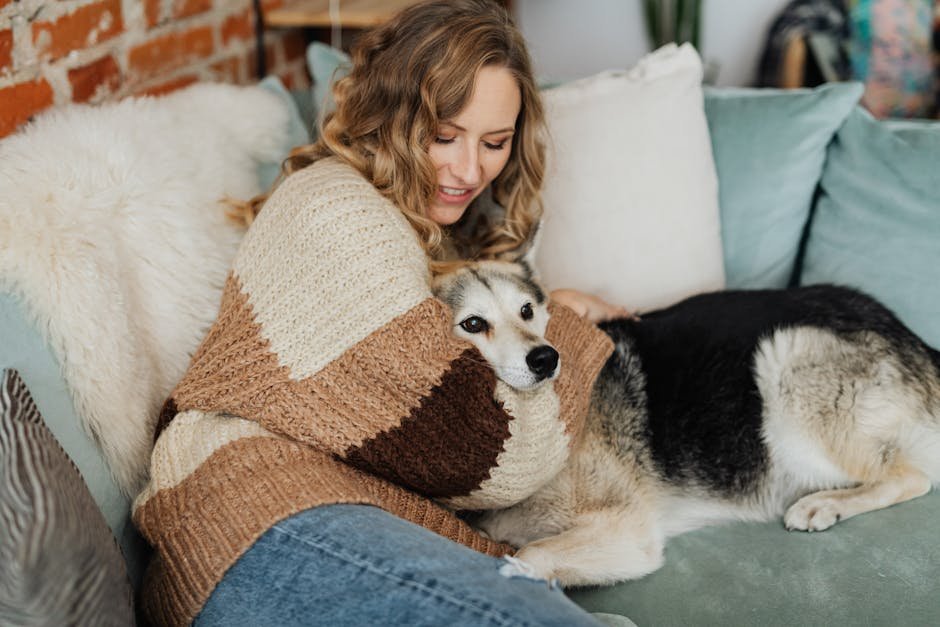Losing a loved one is a heartbreaking experience for anyone, and dogs are no exception. When a dog loses their human owner, they can experience grief in ways that are just as profound as humans. As caretakers, it’s crucial to provide comfort and support to help them through this difficult time. This article will guide you through ten thoughtful ways to help a dog cope with the loss of their human companion.
Recognizing Signs of Grief in Dogs
Dogs may not be able to express their emotions with words, but they exhibit signs of grief in their behavior. You might notice changes such as decreased appetite, lethargy, withdrawal from social interactions, or even changes in their sleep patterns. These signs indicate that your dog is mourning and needs your support. Just like humans, each dog grieves differently, so it’s important to be patient and understanding. Pay attention to their cues, as these will guide you on how best to comfort them.
Maintain a Routine
One of the best ways to help a grieving dog is to maintain a consistent routine. Dogs thrive on predictability, and sticking to a schedule can provide them with a sense of security. Try to feed them, walk them, and play with them at the same times each day. This familiar pattern can help them adjust to the absence of their owner. Routine acts like a comforting blanket, providing stability in a world that has suddenly changed.
Provide Comfort and Reassurance
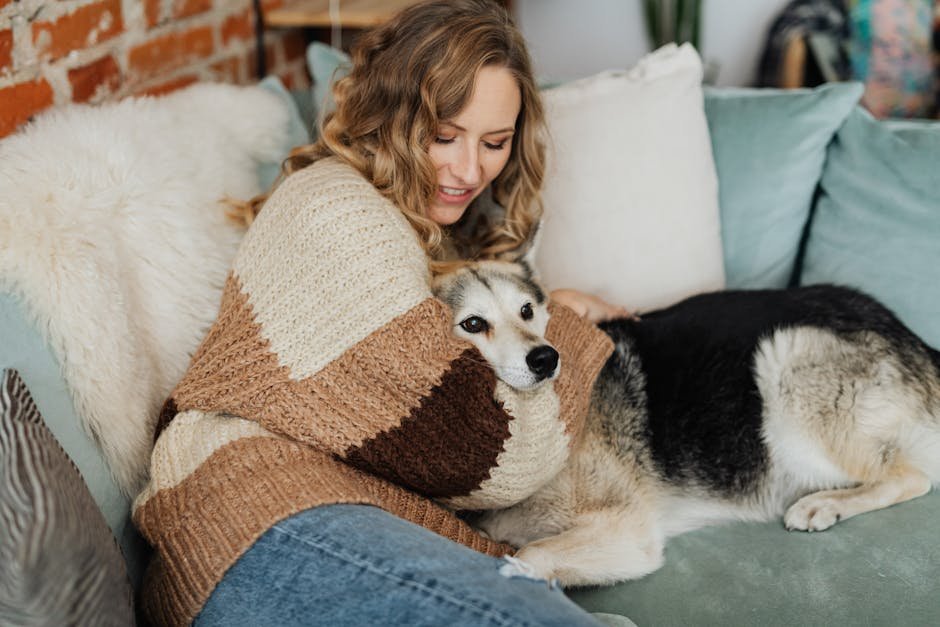
Your presence can be a tremendous source of comfort for a grieving dog. Spend extra time with them, offering physical affection like petting or gentle hugs. Speak to them in a soothing voice, as this can help alleviate their anxiety. Remember, your calm demeanor can be contagious, providing a sense of peace for your furry friend. Just like a comforting hug from a friend, your closeness can help ease their sorrow.
Engage in Play and Exercise
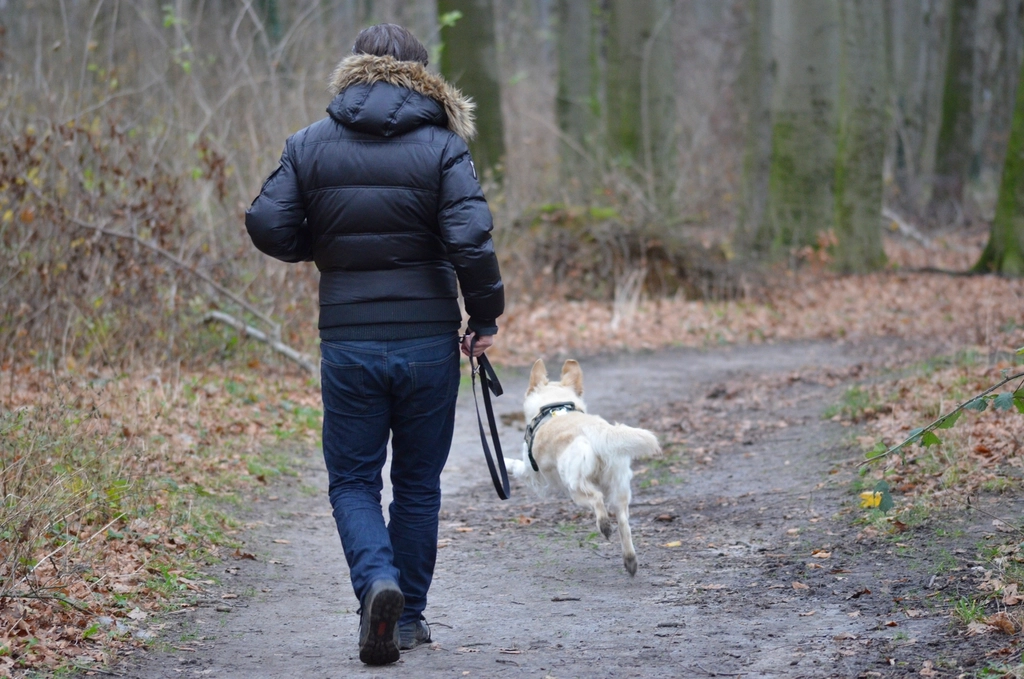
Physical activity is not only beneficial for a dog’s physical health but also for their emotional well-being. Engaging in play and exercise can lift their spirits and distract them from their grief. Consider taking them on walks in new environments or introducing new games like fetch or tug-of-war. These activities can stimulate their mind and body, helping them to focus on something positive. Exercise acts as a natural remedy, releasing endorphins that can brighten their mood.
Introduce New Toys
Introducing new toys can provide a welcome distraction for a grieving dog. Toys that challenge their mind or require physical activity can be particularly engaging. Puzzle toys, for instance, can captivate their attention and provide a sense of accomplishment. Chew toys or stuffed animals can also offer comfort, serving as a source of companionship during lonely moments. Think of new toys as a breath of fresh air, bringing excitement and joy into their lives.
Socialize with Other Dogs
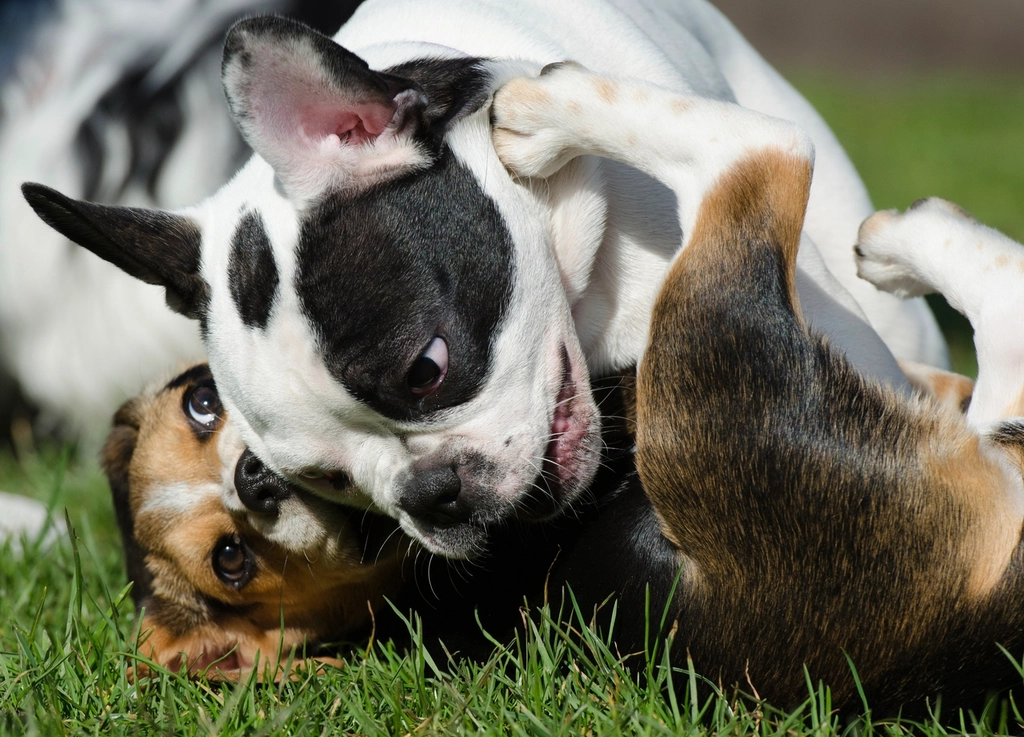
Social interactions with other dogs can be incredibly beneficial for a dog in mourning. Arrange playdates or visits to dog parks to give them the opportunity to engage with fellow canines. Socializing can help them regain their confidence and alleviate feelings of loneliness. Dogs often find comfort in the company of their peers, much like humans do with friends. These interactions can serve as a reminder that they are not alone in their journey of healing.
Monitor Their Health
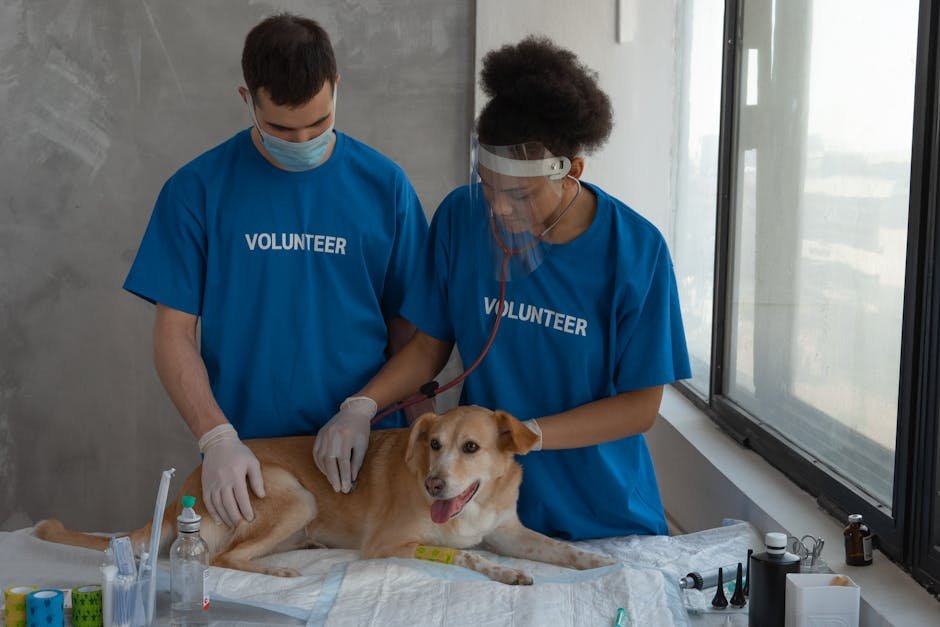
Grief can sometimes manifest in physical symptoms, so it’s essential to monitor your dog’s health closely. Keep an eye on their eating habits, energy levels, and any signs of illness. If you notice any concerning changes, consult with a veterinarian. They can provide guidance on how to address any health issues that may arise due to grief. Just as a doctor would tend to a grieving human, a vet can ensure your dog remains healthy during this challenging time.
Use Calming Aids
Calming aids can be helpful tools in providing comfort to a grieving dog. Products like pheromone diffusers, calming sprays, or soothing music can create a relaxing environment. These aids work by reducing stress and promoting a sense of calm. They can be especially beneficial if your dog is exhibiting signs of anxiety or restlessness. Think of calming aids as a gentle lullaby, guiding your dog to a place of peace.
Seek Professional Help
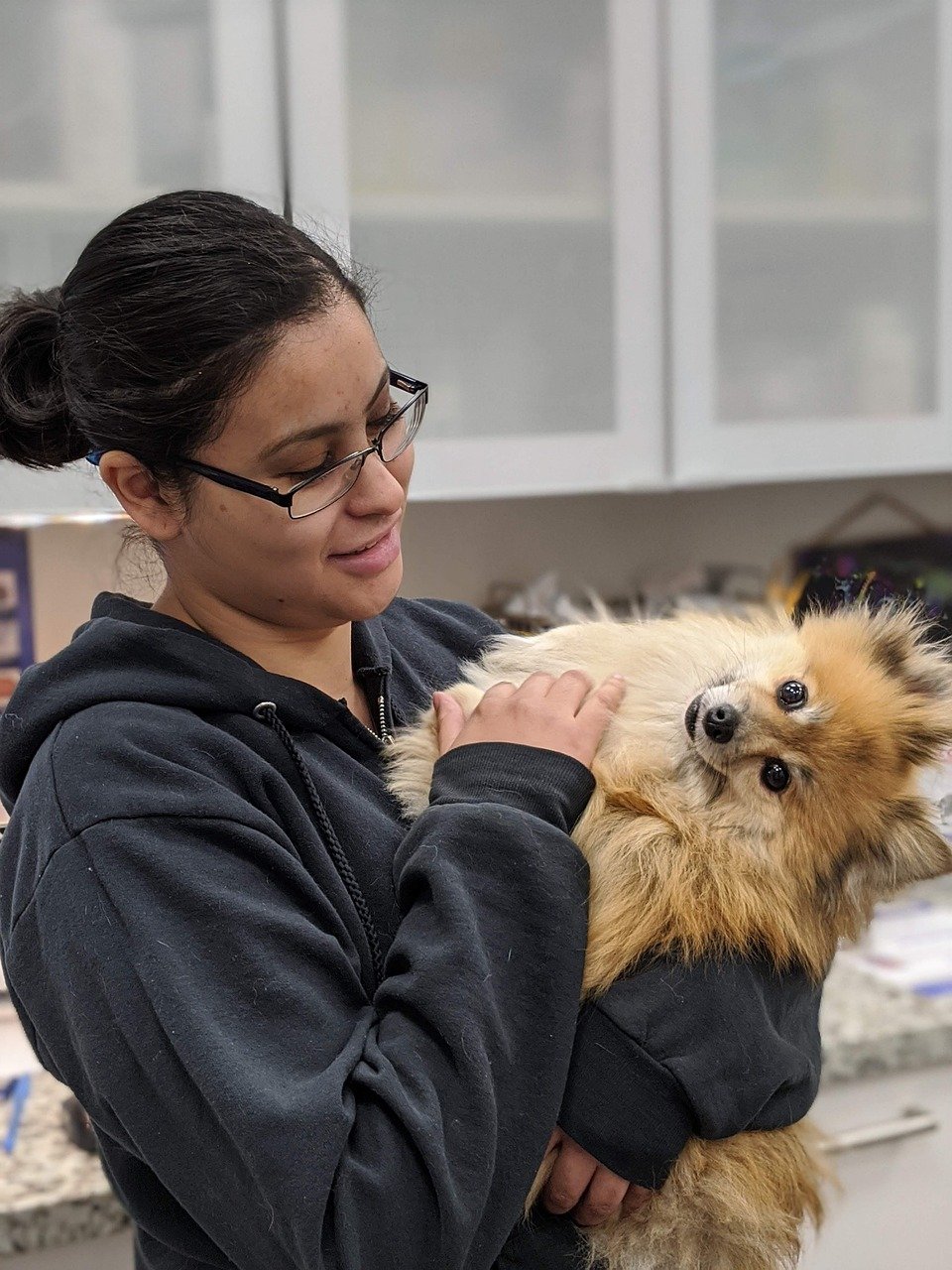
If your dog’s grief seems overwhelming or prolonged, consider seeking professional help from a pet behaviorist or a veterinarian. They can offer specialized advice and strategies to support your dog’s emotional well-being. Sometimes, just like humans, dogs need an expert’s guidance to navigate through their grief. Professional assistance can be a guiding light, helping your dog find their way back to happiness.
Honor the Memory of Their Owner
Creating a space to honor the memory of the dog’s owner can be a meaningful way to help both you and your dog cope with the loss. This could be a small memorial area with photos or a special spot in the garden. Sharing stories or looking at photos together can be a comforting ritual. It acts as a bridge, connecting the past with the present, and reminding your dog of the love that remains.
Helping a dog through the grieving process can be a challenging yet rewarding experience. By providing love, support, and understanding, you can help them navigate their sorrow and find a new sense of normalcy. Remember, just as we rely on others during times of loss, our canine companions look to us for guidance and comfort.


Linnea is a born and bred Swede but spends as much time as possible in Cape Town, South Africa. This is mainly due to Cape Town’s extraordinary scenery, wildlife, and atmosphere (in other words, because Cape Town is heaven on earth.) That being said, Sweden’s majestic forests forever hold a special place in her heart. Linnea spends as much time as she can close to the ocean collecting sea shells or in the park admiring puppies.

